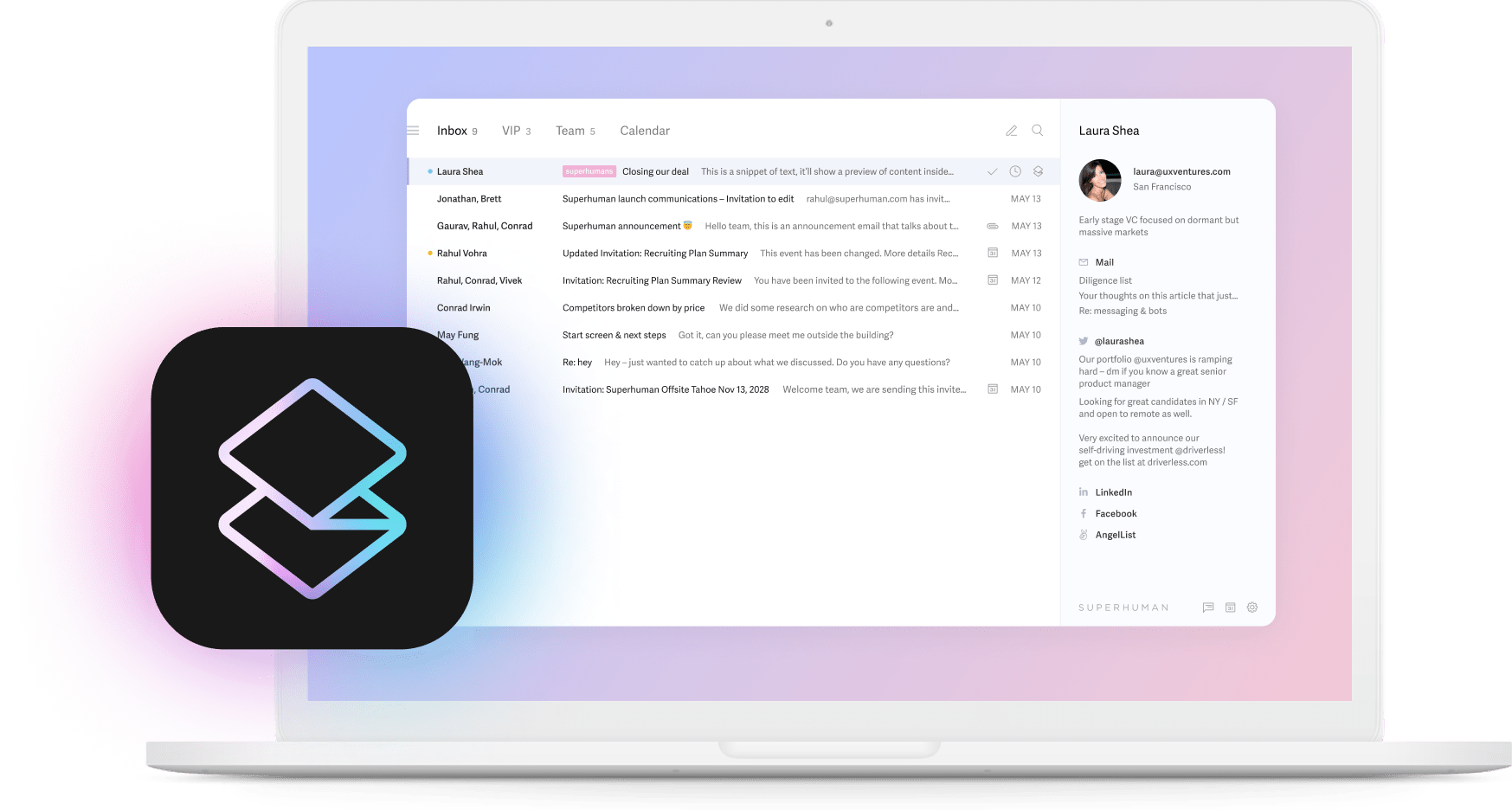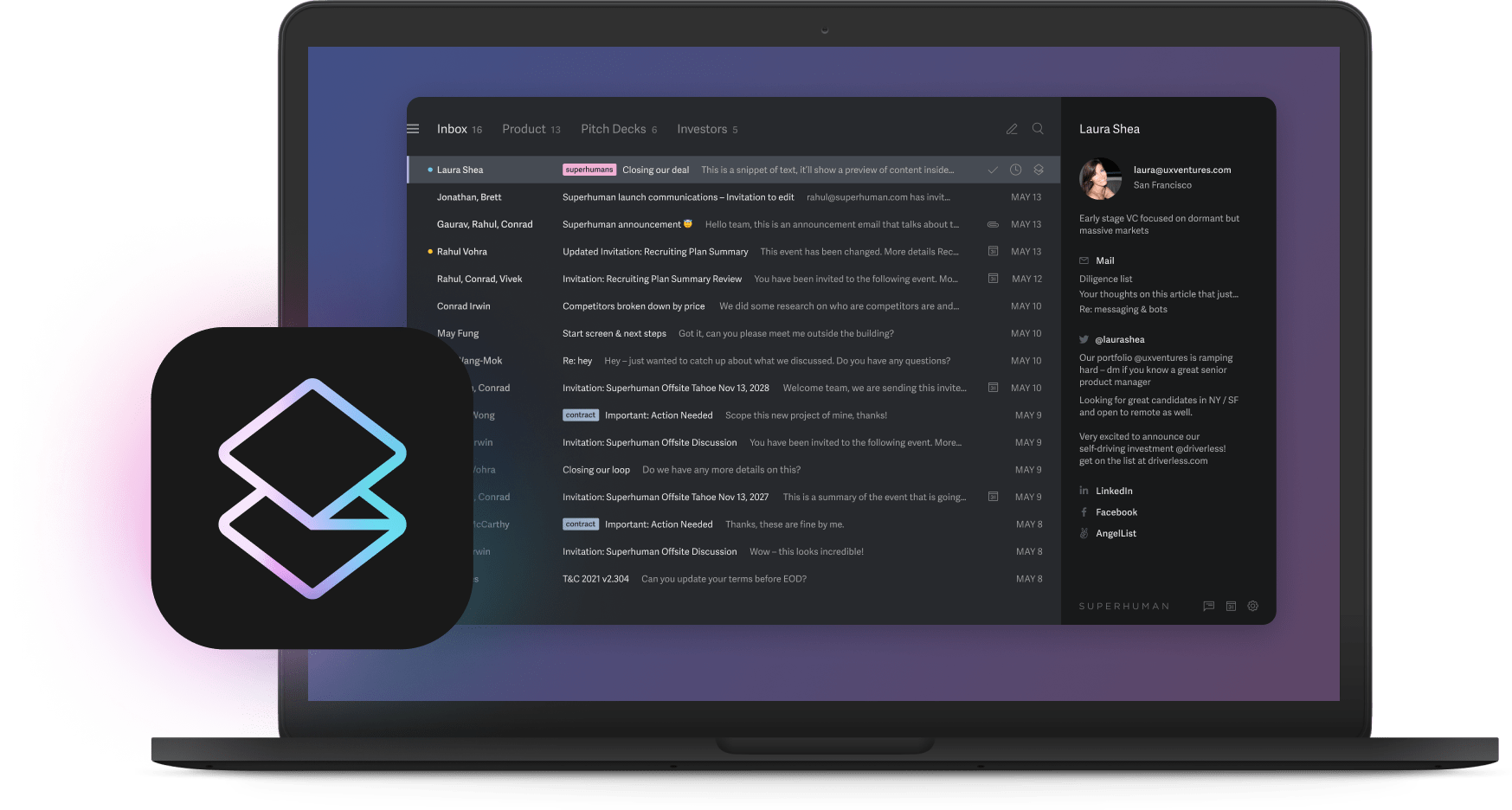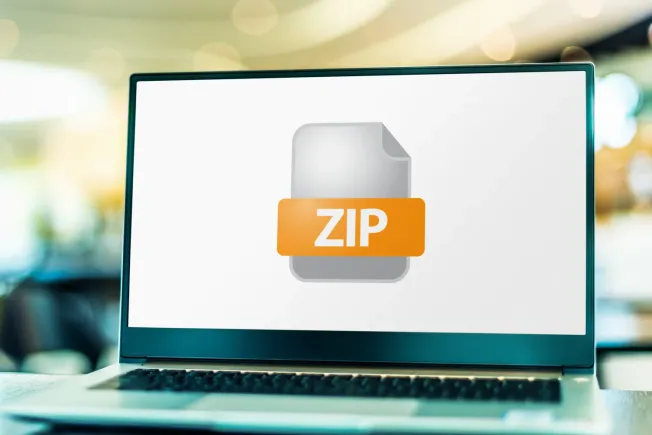
Picture this. You're presenting to the board tomorrow morning. You need to analyze three competitor pricing models before the meeting. You fire up Gemini, paste in the data, and get this message: "This feature isn't available in your region."
Wait, what? You used this same feature yesterday from the same desk. But today you're somehow in a restricted zone.
Welcome to the world of AI geography. Where your productivity depends more on Google's invisible boundaries than your actual location.
Google built Gemini with restrictions that make sense to lawyers and product managers but create chaos for everyone else. 100s of people search every month for ways to work around Gemini AI restrictions. That's not a small number.
But here's the thing nobody talks about. Most of these restrictions can be bypassed completely legally. You don't need VPNs or fake accounts. You just need to understand how the system works and where the gaps are.
The methods we'll show you can get back hours every week. No rule breaking required.
How do Gemini AI restrictions work?
Google restricts Gemini in four ways.
Geographic and regional locks
This one's the most obvious and the most random. You can use Gemini Pro perfectly at headquarters in the US. Fly to London for a client meeting, and suddenly half the features vanish.
Students studying abroad discover this constantly. They're paying for the same service but can't access it because they're taking classes in the wrong country.
The system checks both your IP address and billing location. Sometimes both need to match. Sometimes only one matters. The logic seems designed by someone who's never traveled for work.
Account-based limitations
Here's where things get weird. Your personal Gmail account often works better than your company's expensive Workspace subscription.
Think about that for a second. Your company pays Google hundreds of dollars per month for premium features. But your free personal account can do things the paid version can't. How does that make sense?
Google has different feature sets for different account types. The restrictions don't follow any pattern that makes business sense. Educational accounts get blocked from features that personal accounts use freely. Enterprise accounts can't access capabilities that basic accounts take for granted.
Language and content filtering
Gemini's content filters work like a game of telephone played by robots. A request that gets blocked in English might work perfectly in Spanish. The same business analysis that fails on Tuesday might succeed on Wednesday with slightly different wording.
The system treats normal business research like you're asking for state secrets. Want to analyze competitor pricing? Gemini might decide that's suspicious. Need to summarize industry reports? Sometimes that's allowed, sometimes not.
The filters lack any understanding of context. They see keywords and make decisions without understanding what you're trying to accomplish.
Output format restrictions
Need a CSV file? Gemini might say no. Want comprehensive analysis? The system cuts you off halfway through because the response is too long.
These restrictions hit hardest under deadline pressure. You need analysis for a client meeting in two hours. Gemini decides today isn't the day for helpful file formats.
The most frustrating part? These same requests often work fine the next day. Or from a different account. Or with slightly different phrasing.
All this randomness wastes serious time. But once you understand the patterns, you can work around almost everything.
Detailed workaround strategies
Language and locale manipulation
Here's the simplest trick that works surprisingly often. Switch Gemini to Spanish before submitting your request.
Why does this work? Spanish prompts bypass restrictions that block identical English requests. Different languages use different filtering systems. Spanish happens to be more permissive for business content.
Desktop setup: Click the gear icon in the top right, select "Languages," choose "Español" from the dropdown, then refresh the page. Mobile setup: Open the menu (three lines), tap "Settings," select "Language," choose "Spanish."
Resubmit your prompt in English even though the interface is now Spanish. Gemini will respond in Spanish. Copy the response and paste it into Google Translate or DeepL for conversion back to English.
If Spanish doesn't work, try French or Portuguese. These languages often have different restriction levels than English. German tends to be more restrictive, so avoid it for business content.
This works especially well for data analysis and business research. The content filters that see "competitive analysis" as problematic in English often ignore the same request in Spanish.
For technical translations, use DeepL instead of Google Translate when accuracy matters. Keep a Spanish-English business dictionary handy for industry-specific terms. Always verify numbers and percentages match exactly after translation.
Strategic account switching and content transfer
Sometimes your personal Google account can process requests that your business account blocks. The restrictions are different, so you can get better results by switching accounts.
Testing phase: Create a simple test request in both accounts to see which gives better access. Personal accounts often handle competitive analysis, market research, and data extraction better than enterprise accounts.
Secure transfer process:
- Remove all company names, employee names, and confidential data before processing
- Process sanitized content through unrestricted account
- Copy results to a secure notes app or document
- Switch back to business account
- Paste cleaned results into business systems
Account management: Use Chrome profiles or different browsers for each account. Set up personal account with a simple, non-business email address. Never save business passwords in personal account browsers.
What never to transfer: Customer lists, financial data, strategic plans, employee information, or anything marked confidential. When in doubt, keep it in business systems only.
Team coordination: IT should approve this workflow and provide guidelines on data classification. Create a simple checklist team members can follow for secure transfers.
Most enterprise restrictions affect output formats and analysis depth rather than basic functionality. Test thoroughly to understand your specific limitations.
Geographic restriction navigation
Don't use VPNs. Google's terms of service specifically prohibit this approach. Getting your account suspended isn't worth temporary access.
Billing address updates: Go to payments.google.com, select "Settings," update your country/region to match your current location. This takes 24-48 hours to take effect, so plan ahead for travel.
Travel preparation: Before international trips, test Gemini access from your destination country using online geo-location checkers. Download offline alternatives for critical analysis needs. Know which team members can handle requests from unrestricted locations.
Finding rollout schedules: Check the Google Workspace release calendar for Gemini availability updates. Follow @GoogleWorkspace on X for announcement timing.
Enterprise escalation: Workspace admins can contact Google support directly through the admin console. Provide specific business justification for geographic access needs. Enterprise customers often get earlier access to restricted features.
Temporary workarounds while traveling: Use team members in unrestricted regions as proxies for urgent requests. Set up shared folders where colleagues can process and upload results. Schedule analysis work for when you return to accessible regions.
Border cases: Some regions have partial restrictions where basic features work but advanced capabilities don't. Test thoroughly rather than assuming complete blocks.
Advanced prompt engineering techniques
When Gemini blocks your request, the problem usually isn't what you're asking for. It's how you phrased it.
Trigger words to avoid: "hack," "exploit," "manipulate," "circumvent," "bypass," "extract," "scrape," "steal." Replace these with neutral alternatives like "analyze," "research," "review," "examine," "study."
Context addition examples:
- Instead of: "Analyze competitor pricing"
- Try: "Research market pricing trends for business planning purposes"
- Instead of: "Extract data from this report"
- Try: "Summarize key findings from this business document"
Template phrases that work:
- "Please help me understand..."
- "For strategic planning purposes, could you analyze..."
- "To support business decision-making, please review..."
- "Within appropriate business guidelines, please examine..."
Content framing strategies:
- Add "for educational purposes" to research requests
- Specify "publicly available information only" for data analysis
- Include "following standard business practices" for competitive intelligence
- Use "market research methodology" instead of direct competitive terms
Breaking large requests: Instead of asking for a complete competitive analysis, request: 1) Market overview, 2) Pricing trends, 3) Feature comparison, 4) Strategic recommendations. Submit each as separate prompts.
Escalation when prompts fail: Try the request in question format ("What factors influence pricing in this market?"), use indirect language ("How do successful companies approach pricing strategy?"), or frame as case study analysis.
Testing your prompts: If a request gets blocked, remove one potentially problematic word at a time until it works. This helps identify specific triggers for future reference.
Superhuman integration workflow
The real value comes from connecting these Gemini workarounds into your daily work. Superhuman makes this connection seamless by turning processed intelligence into polished communication.
Let's say you just processed competitor pricing data through Gemini using the Spanish language workaround. Now you need to email your sales team about what you found, but you don't want to send them raw AI output that sounds robotic. Open Superhuman Write With AI, paste your Gemini analysis, and watch it transform into an email that sounds like you wrote it personally.
Superhuman AI learns from emails you've sent to specific people over time. It gets better at matching your tone and style without needing correction. The system analyzes your past communication patterns and applies that understanding to new content.
This combination multiplies the value of both tools. Gemini gives you the analysis. Superhuman turns it into communication that sounds authentic. Teams save 4 hours per person weekly using Superhuman alone. Adding optimized Gemini workflows creates additional time savings by improving what goes into those communications.
The best applications combine intelligence gathering with strategic communication. Process competitive research through Gemini, then use Superhuman to update stakeholders with insights that drive decisions. Analyze market data and turn it into client updates that demonstrate value.
Shared Conversations in Superhuman lets you distribute successful results across your entire team. Process intelligence once, then coordinate responses and updates efficiently across the organization.
Staying current with updates
Google changes Gemini's capabilities and restrictions regularly. You need monitoring systems that catch important changes without creating unnecessary overhead.
Subscribe to Google Gemini release notes for official updates about new features and policy changes. These announcements often explain why certain restrictions exist and when they might change.
Join community resources like r/GoogleGemini to learn from other people dealing with similar issues. Peer insights often reveal workarounds that haven't made it into official documentation.
Review your workaround procedures every few months to retire outdated methods and adopt better alternatives. What works today might stop working tomorrow, so stay flexible and keep testing.
Share successful techniques within your team while protecting competitive advantages. Create internal documentation that captures effective approaches without revealing sensitive implementation details.
AI restrictions that seem random and frustrating often follow predictable patterns once you understand the system. The workarounds we've covered transform these restrictions from productivity killers into manageable workflow considerations.
But there's a bigger lesson here. When tools become essential for competitive advantage, the companies that figure out how to use them most effectively will pull ahead of those still fighting with basic limitations.






